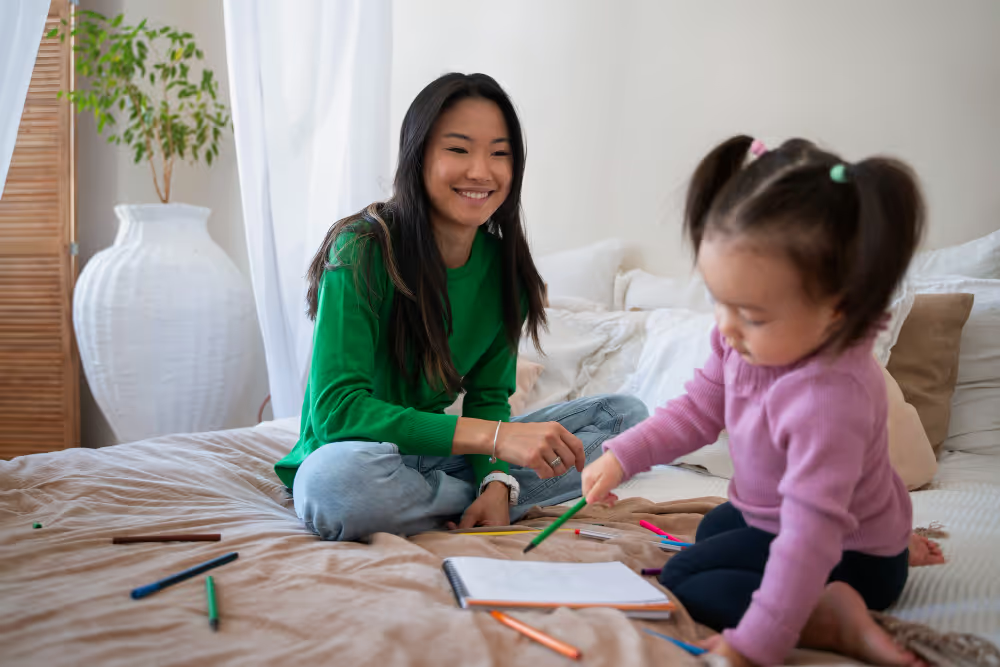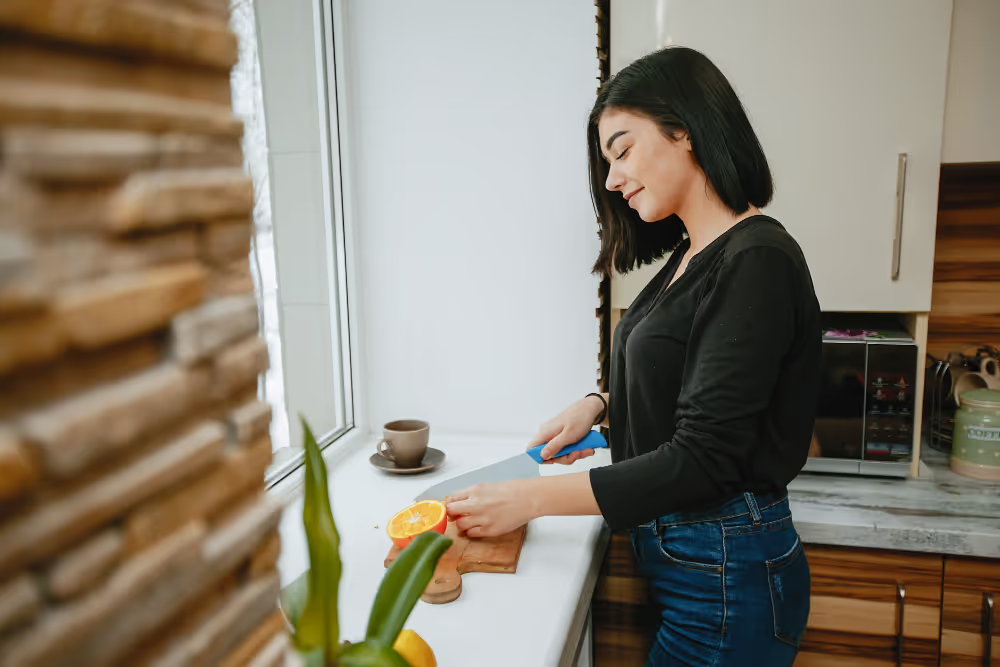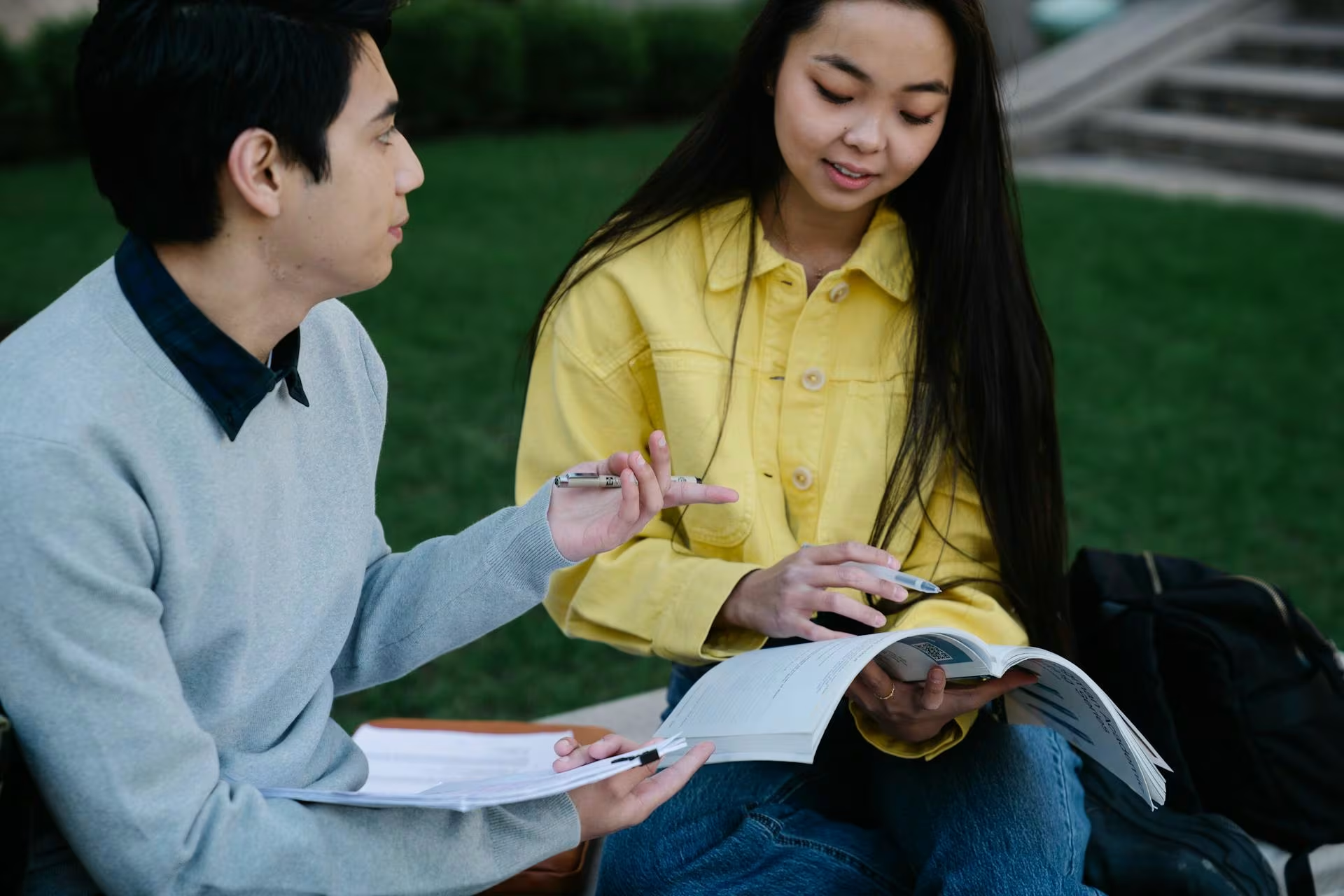
The German Au Pair Visa allows young people from around the world to live with a host family, help with childcare, and learn about daily life while improving their German language skills. Both the au pair and the host family need to meet specific requirements set by German authorities, from language level and conditions to housing, pocket money, and insurance. This guide explains the full process, documents, and eligibility criteria for the German Au Pair Visa in detail.
Eligibility Criteria for the German Au Pair Visa
To be eligible for the au pair visa for Germany, you must show that you personally meet the legal au pair criteria and that the host family situation meets the required standards Germany sets.
Who Can Apply for an Au Pair Visa?
You can apply to become an au pair for a German family if you:
- want to live in a German household and help with childcare and other light household tasks
- are not married and do not have your own children
- intend to stay temporarily (an au pair visa is not a path to settle in Germany permanently, it is a cultural exchange program)
Age Limits and Nationality Requirements
Germany is strict on au pair age, and for non-EU citizens the following limits apply:
- Minimum 18 years old
- Maximum 26 years old at the moment the visa application is submitted at the German embassy
There is no nationality requirement, but it is mandatory to apply for the D-visa from the German embassy/consulate in the country where you legally live. You cannot come to Germany and apply for a residence permit there without a visa (with the exception of Australia, Canada, Israel, Japan, New Zealand, South Korea, UK and US).
Language Skills and Host Family Conditions
You must show basic German language skills: for au pair visa, this means A1 German (Goethe/telc certificate, or similar proof). Your host family must meet the au pair family criteria:
- at least one parent must be a German citizen or a permanent resident who speaks German as the main language in daily life
- you must receive room & board in the family home
- you must have your own private room
- the working hours, pocket money, and duties must match German au pair norms (this is usually set out in the official au pair contract)
The embassy expects the official au pair contract (per the German standard form) signed by you and the host family. This contract is the core document that proves the host family situation is legal and compliant.
Host Family Requirements
Germany sets clear conditions for which families are allowed to host an au pair. The main idea is that the au pair joins a household where German is part of normal everyday life, where the role is childcare-related, and where the arrangement is not replacing a full-time employee.
Basic Conditions for Hosting an Au Pair
A family can host an au pair if:
- at least one parent is a German citizen or a permanent resident
- at least one child is under 18 years old
- German is the main household language (the au pair must learn German in daily life)
- the au pair gets their own private room in the same household, that is at least 8 square metres and has a window
- the family can financially cover room, food, insurance, and the required monthly pocket money + language course funds
One important mention is that no member of the host family should hold the same nationality as the au pair.

Host Family Responsibilities and Documentation
For the visa, the family is responsible for providing:
- the official standard German au pair contract
- proof of adequate health insurance for the au pair for the entire stay
- confirmation that the au pair will be provided room and board free of charge
- statement or evidence that German is spoken daily in the household
In addition, the family must respect the German au pair norms after arrival: free time, holidays, language course access, and the limited number of working hours.
Required Documents for the Au Pair Visa
When you apply at the German embassy or consulate in your country, you must submit a complete application package. The embassy will decide based on your documents, so clarity and completeness matter.
Personal Documents and Application Form
To secure the au pair visa, you will need to gather the following documents:
- valid passport (make sure you have enough validity to cover the entire au pair stay)
- biometric passport photos (German format)
- completed national visa (category D) application form
- a CV in simple table form (education + experience in childcare if any)
- brief motivation letter explaining why you want to be an au pair in Germany
Invitation Letter and Contract From the Host Family
The host family’s paperwork is very important. This should include:
- the official German Au Pair Contract (standard form) signed by both you and the family
- an invitation letter from the host family stating who they are, where they live, how long they intend to host you, and they should also mention that German is spoken in daily life in the household
Proof of Accommodation and Health Insurance
Even though you live with the host family, the embassy still needs evidence of accommodation. You must have a separate room that can be locked, that is over 8 square metres, and that has a source of daylight (window).
Moreover, health insurance is a requirement and it should be provided by the host family for the duration of your stay.
Germany will not issue the visa if there is any uncertainty about where you will live or how your health costs will be covered.
Conditions During the Stay
Once you arrive in Germany and have your residence permit as an au pair, there are legal limits and living conditions that must be respected throughout the stay. These conditions are not “optional”, as they are part of law and the German authorities expect that both sides (you and the host family) follow them.
Working Hours and Free Time
In terms of how much you can work per day, Germany sets clear limits. You are not allowed to work more than 6 hours per day, 30 hours per week. There are also no night shifts allowed, and you should not do any professional housework (such as a professional clean around the house). Of course, light household tasks are necessary, and cleaning up after yourself or helping with the chores is expected.
You must also get:
- at least one full day off per week (Sundays are usually free)
- at least one full weekend off per month
The au pair role is not allowed to replace a full-time nanny or a household employee. The main purpose must remain cultural exchange and language learning.
Pocket Money and Living Arrangements
Au pairs in Germany receive a fixed monthly pocket money amount which is set to a minimum of €280. The standard national amount is set by Germany and host families cannot pay less.
The pocket money is not considered a salary, it is spending money while room and food are provided completely free in the household.
In terms of living arrangements, you must have:
- a free private room inside the family home
- free meals (you eat with the family normally)
- the normal costs of living are covered by the family such as clothes, medicine, etc
- language courses covered up to €70 per month
Language Course Participation
As an au pair, you must attend a German language course. This is part of the program concept and it is mandatory. Not only that, but the host family should budget at least €70 for your courses.
Time for language learning must be possible with your work schedule. The host family must give you enough free time to attend German classes.
Visa Duration and Extensions
The German au pair visa is always temporary (one-time), and it is designed as a cultural exchange period. There is no possibility to extend your au pair visa, but you can apply for a student visa or a work permit after your return to your country.
Maximum Length of Stay for Au Pairs
Germany normally grants the residence permit for the exact duration that is written in the au pair contract, but never longer than 12 months. You cannot be an au pair for 2 years in Germany, as 12 months is the absolute limit.

Possibility of Extension or Visa Change
Extension as au pair beyond 12 months is not possible, and it is important to know that changing your visa is also not possible while you are staying in Germany. After you return to your country, you can apply for:
- Language course visa (but you must show funding through the form of a blocked account and formal enrollment)
- University path (or Studienkolleg, depending on your case) if you meet formal admission requirements
- Vocational training (Ausbildung) visa if you have an Ausbildung contract
- Opportunity card (only if eligible by qualification and funding via a blocked account)
Rights and Obligations of Au Pairs
During the stay in Germany, au pairs have both legal protections and legal duties. These rights exist to ensure the cultural exchange programme is safe, fair and not exploited, and the obligations exist because the au pair is still a temporary resident under German law.
Health Insurance Coverage
It is the host family’s legal responsibility to arrange and pay for insurance for the au pair. This must cover health insurance, accident insurance, and third-party liability insurance.
This coverage must be valid from the first day in Germany until the final day of the au pair stay. The family must provide proof of this insurance during the visa/residence process, and if insurance ever lapses or is cancelled, it is a legal problem for the host family.
You, as the au pair, are not allowed to be uninsured in Germany even for one day.
Legal Rights and Responsibilities During Stay
Au pairs in Germany have the right to:
- live in the family’s home with their own private room
- receive the fixed pocket money every month, in full and on time
- have clear and limited working hours (maximum 30 hours per week)
- attend German language courses and have time to do so
- get free time and holidays as defined in the au pair rules
But au pairs also have legal obligations. To be more precise, you must:
- respect the conditions of the au pair role (not take separate paid work)
- follow the agreed working schedule
- participate in childcare and other light household tasks
- follow the visa rules and leave when the authorised stay ends (unless a new permit is approved)
If there is serious conflict or exploitation, au pairs are allowed to contact the local Ausländerbehörde (immigration office), and changing host families is legally possible if approved. Do not allow unfair treatment, as there are legal protections in place if something goes wrong.
FAQs
Find answers to common questions about visa in Germany.
What is a German au pair visa?
It is a national D-visa that lets young internationals live with a German family for cultural and language immersion, assist with childcare and light household tasks, and attend German language courses. It is not a work visa and not a pathway to permanent residence.
Get Your Visa-Ready Package
Start your journey to Germany with our all-in-one visa solution tailored for your needs.
Related Visa Guides
Discover additional articles covering different visa types, requirements, and application tips for Germany




